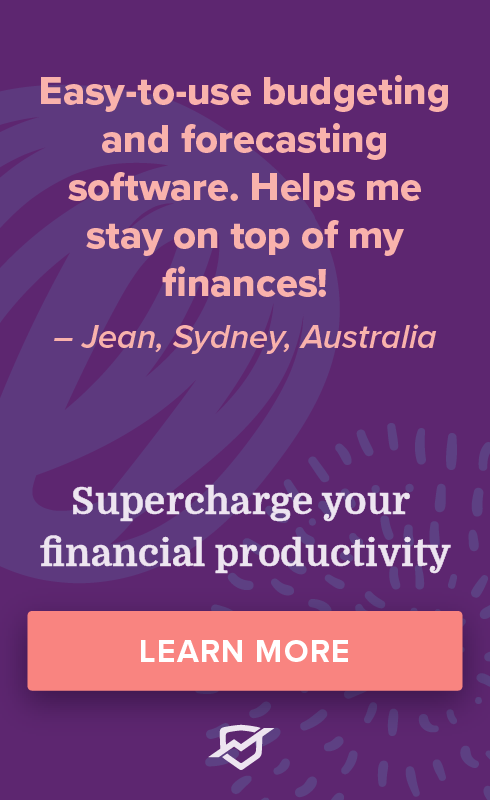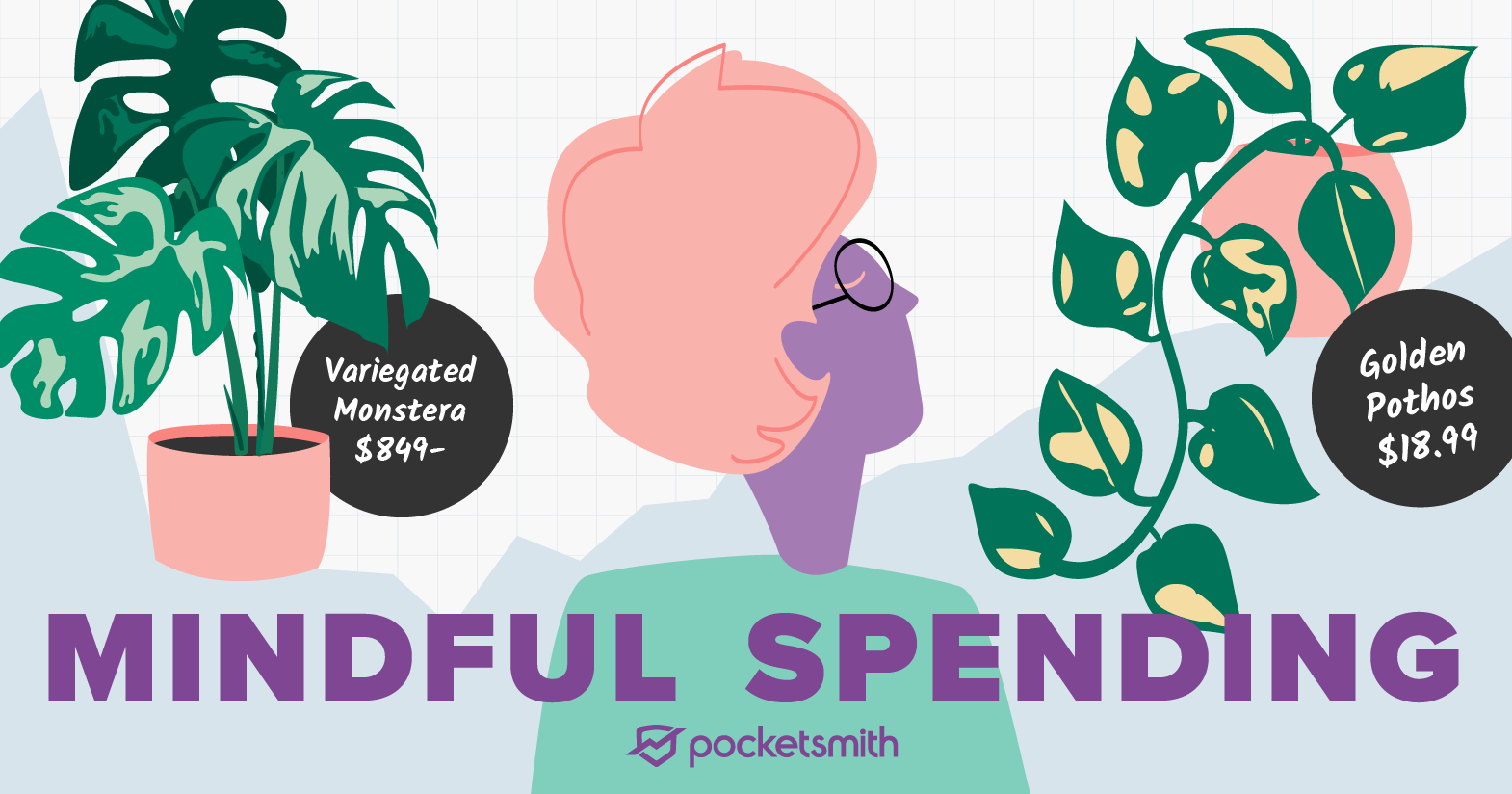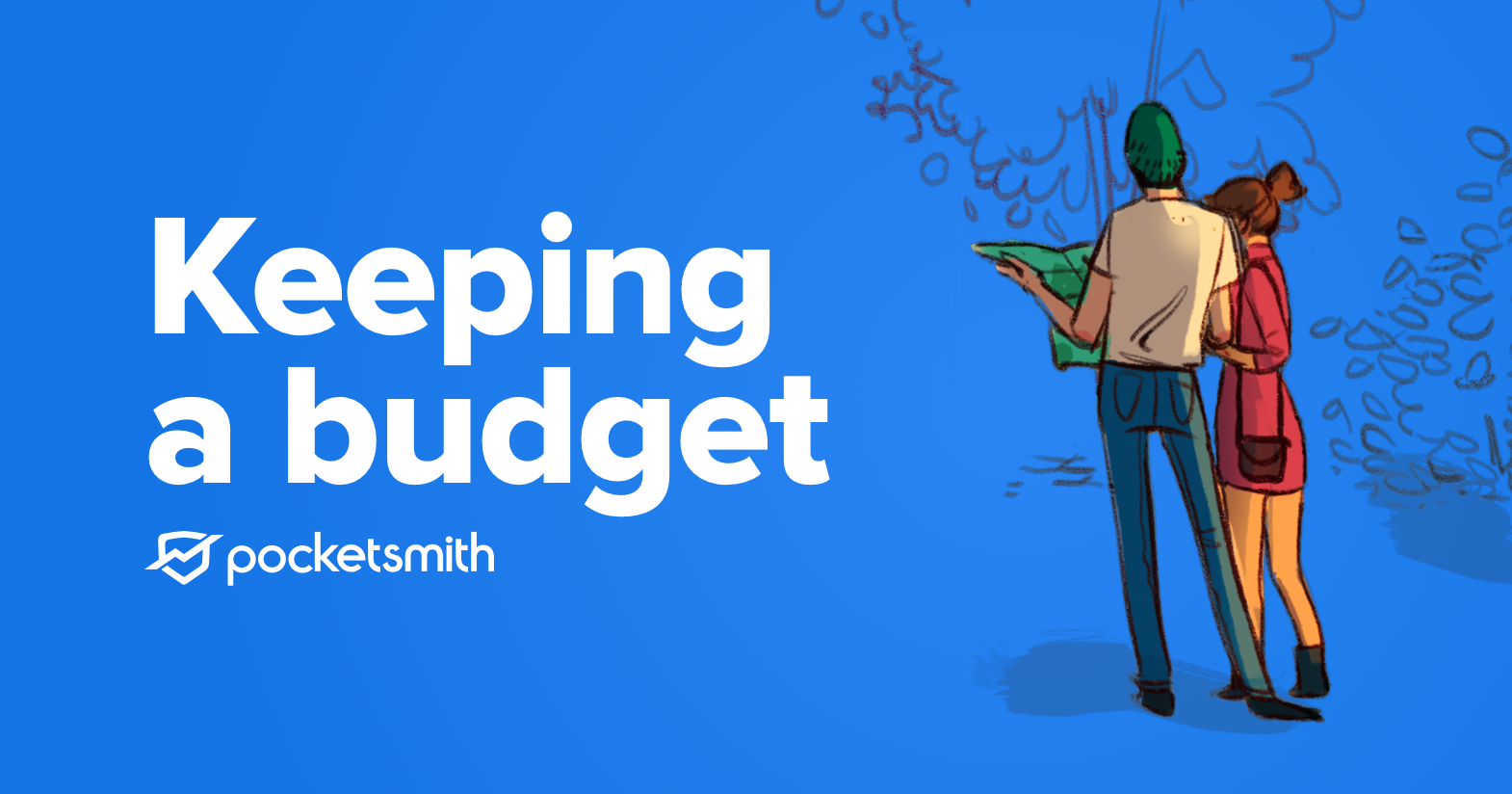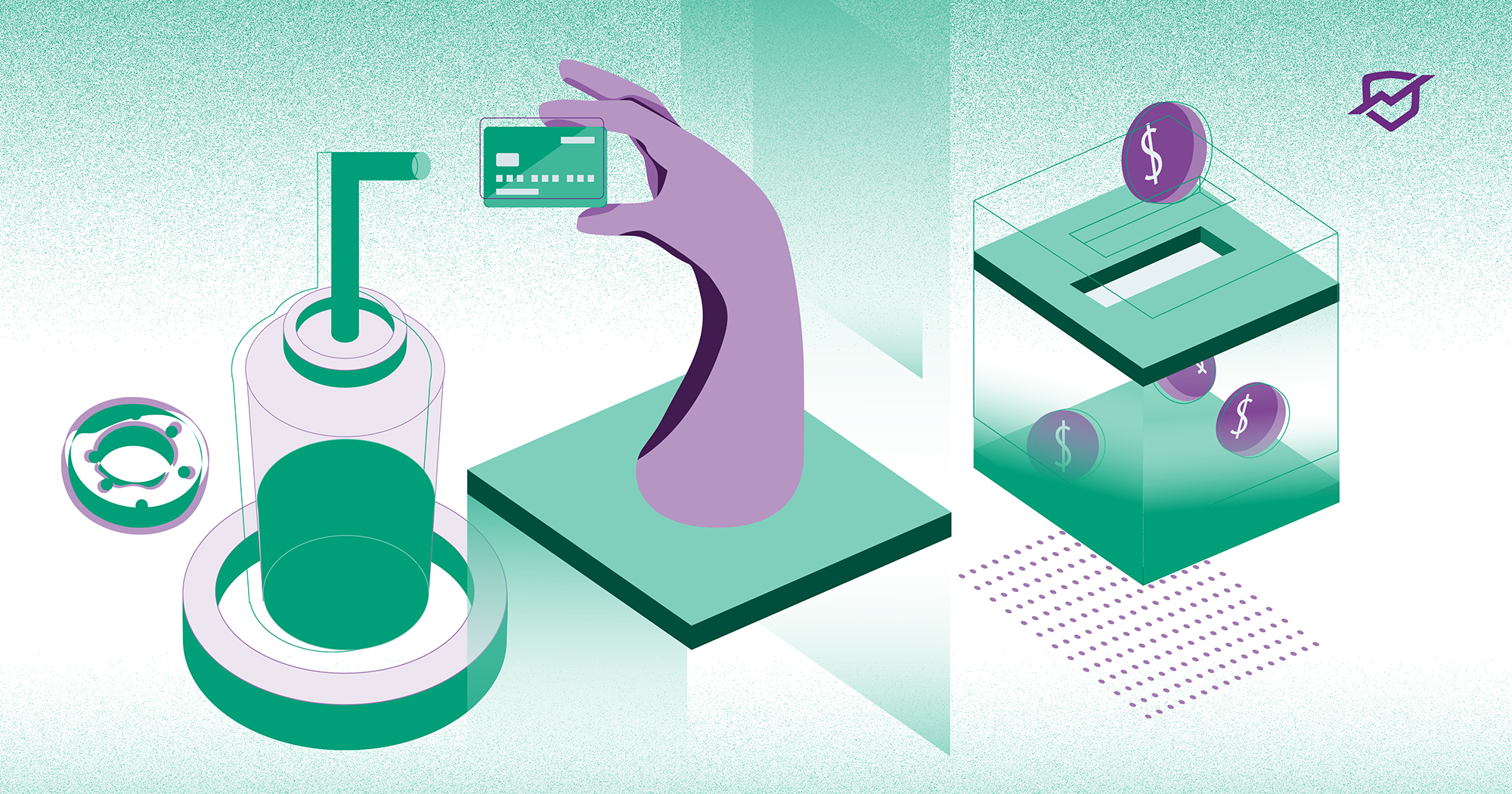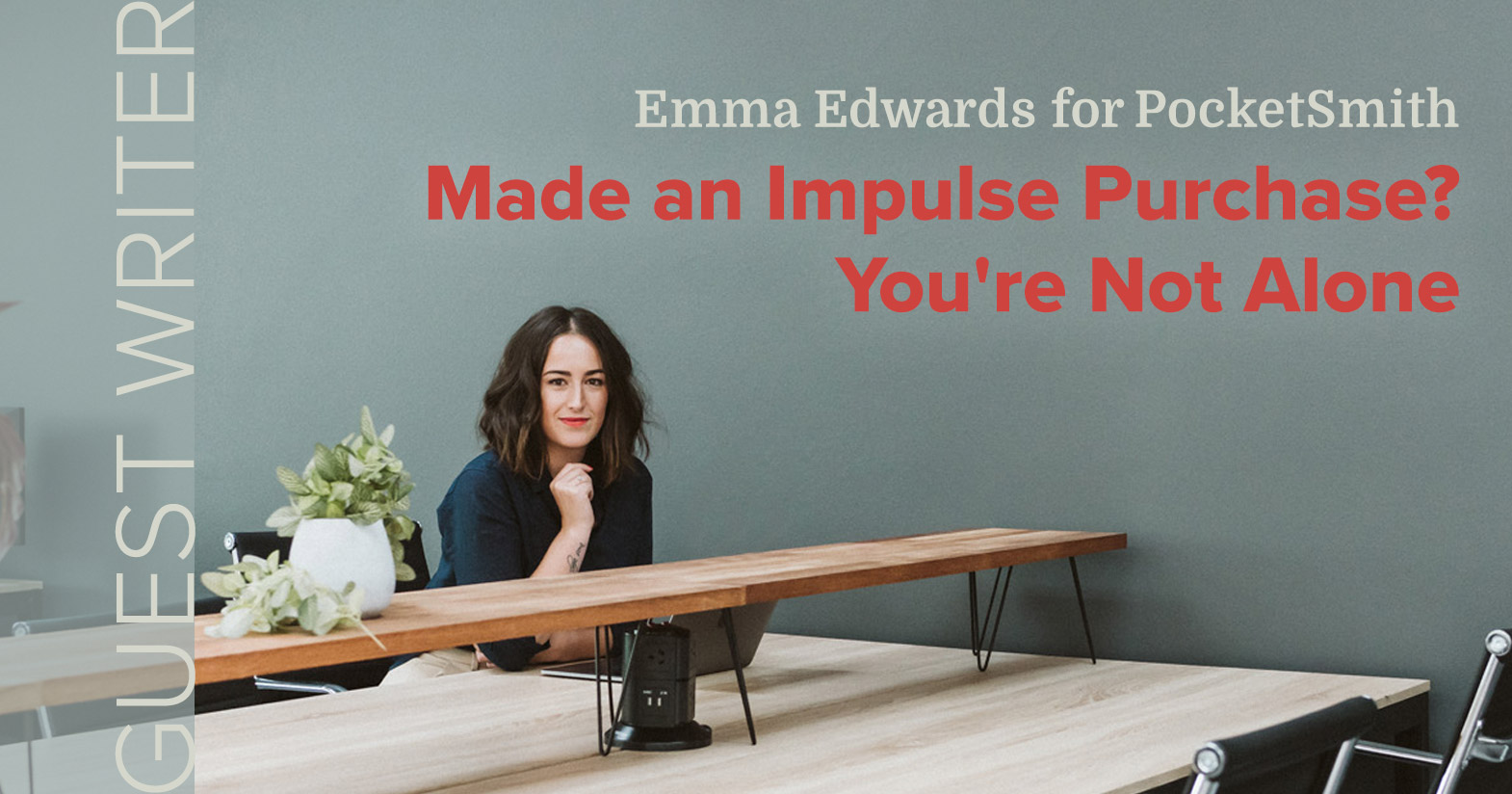
Made an Impulse Purchase? You’re Not Alone
Shall we just call it now and dub 2020 the year of impulse purchasing? I’m keen for it if you are. If you spent most of lockdown eagerly awaiting the parcel delivery van to appear in the corner of your eye, you’re most certainly not alone.
From tackling a 10,000 piece puzzle of Bondi Beach to deciding you’re going to teach yourself Spanish and emerge from lockdown a cultured bilingual goddess, no spending behaviour was off limits when it came to 2020.
Why are we so obsessed with online shopping during lockdown?
New research from Couriers Please revealed that 80% of Aussies under 30 have confessed to shopping more than usual during lockdown, and 44% admitted to using online shopping as a distraction. If you regularly succumb to your online shopping addiction at your fave stores as a means of procrastination from work or study, you’re not alone in that either — 61% of under 30s said the same. When all of us are bombarded with ads every time we use social media, it’s hardly surprising that compulsive shopping ensues. Feel vindicated? Me too.
During lockdown, my impulse spending centered around an obsession I’ve had with relaunching myself as a new and improved Emma 2.0, where I’d finally stop being a walking piece of garbage and make myself look put together each morning, keep my home clean and tidy, and never ever forget to put the bins out. Spoiler alert, despite buying what I thought were my new ‘staple’ wardrobe items, I’m still slobbing around in the same leggings and t-shirt and wondering whether I can wait another day to wash my hair. Sigh.
So, what is it that’s got us addicted to hitting add-to-cart?
Well, aside from big dreams of coming out of lockdown a better person – one that relaxes with cross-stitch instead of wine and does HIIT at 6am every morning – it’s probably more a case of looking for a hit of dopamine to get us through the tough times. Basically, a surge of our mood-boosting hormones that we get when we’re anticipating a reward. In this case, the reward is whatever we’re buying.
Uncertainty, fear and angst have been top of the emotional hit list for many of us this past year. So, look, if you eased your woes with another nice top to go with jeans, don’t beat yourself up. It’s totally normal.
How to control your impulse purchases during lockdown?
First of all, forgive yourself. We’d all love to be mindful spending pros at all times, but it’s just not realistic. Practicing mindful spending can take up a lot of of brain space and when there’s sh*t hitting the fan left right and center, treating yourself a bit more than you usually would is absolutely fine. It won’t completely derail your financial progress.
The problem with being an impulse buyer in the long term is that it can increase your monthly expenses and leave less room in your budget for fixed expenses such as student loans or saving for retirement.
If you can, find smaller ways to get your dopamine hit, and put boundaries and obstacles in place to stop you going too hard on the impulse spending. Creating a shopping list can help prevent impulsive shopping and allow you to save money for things like an emergency fund. If you do over-spend and end up with unplanned purchases that you regret, remember to return them and get your money back. Set a reminder in your phone and get that thing sent back! The sooner you can get those precious dollars back in your bank account, the better. If it’s too late and you’ve already started strumming that bass guitar you bought during a late-night browse, see if you can resell it and make some of your cash back.
Ultimately, let’s just focus on being kind to ourselves about our spending. The more we put the pressure on to make radical changes and resist our reality, the more we become tempted to bury our heads in the sand and the more harmful it becomes to our mental health in the long run. Accept where you’re at, make small changes to get back to your financial wellbeing routine, and slowly reconfigure your spending habits when you feel in the right place to do so. These three simple budgeting tips will help you get back to basics.
Emma Edwards is a finance copywriter and blogger, on a mission to humanize the financial services industry by creating meaningful content that’s accessible and empowering. You’ll find her penning money tips at her blog, The Broke Generation, sharing financial insights on Instagram, or injecting life into content for her business clients.

